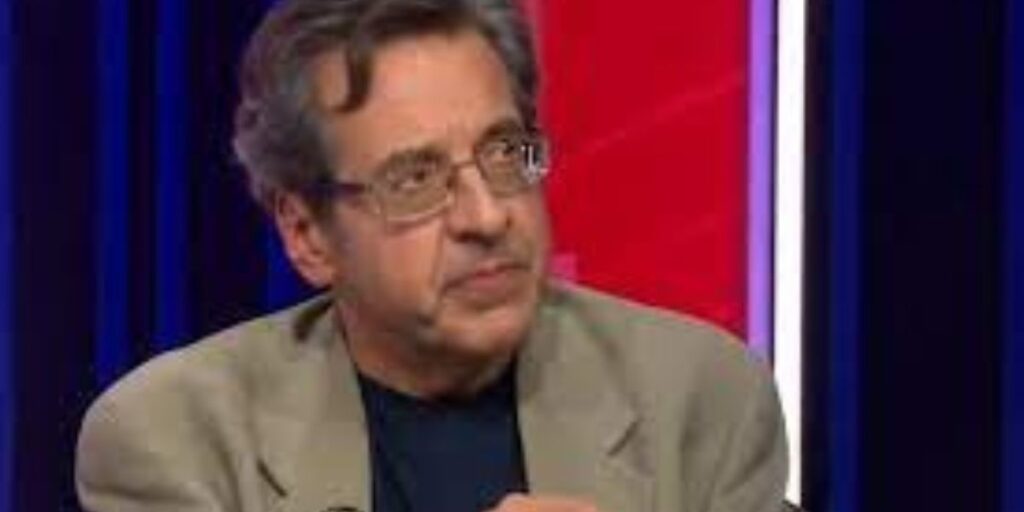Introduction
In the complex trap of media elements, the job of organizations like the BBC in forming popular assessment is urgent. For a really long time, the BBC has been venerated for its obligation to fair-mindedness, giving a stage to different voices. However, recent observations by George Monbiot suggest a potential blind spot in the BBC’s approach, particularly concerning extremists featured on Question Time.
George Monbiot’s Critique: A Deeper Look
As a prominent environmentalist and journalist, Monbiot’s perspectives carry weight in the realm of public discourse. His critique raises important questions about the unintended consequences of providing a platform for individuals with extreme views. Monbiot contends that the BBC’s quest for diversity might be inadvertently facilitating the normalization of extremist ideologies without subjecting them to adequate scrutiny.
Question Time Dynamics: A Brief Overview
To comprehend Monbiot’s concerns fully, it’s crucial to dissect the dynamics of Question Time. The show, designed to foster discussion on pressing issues, assembles a panel representing a spectrum of viewpoints. However, as Monbiot highlights, the challenge lies in maintaining a delicate equilibrium between diverse opinions and preventing the platform from becoming a megaphone for extreme perspectives.
The Accusation of Appeasement: Monbiot’s Key Assertions
Monbiot’s accusation of appeasement strikes at the heart of journalistic responsibility. By suggesting that the BBC may be inadvertently catering to extremists, he prompts a broader conversation about the ethical considerations surrounding media representation. The concern is not merely about airing diverse opinions but doing so in a manner that prevents the undue amplification of ideologies that could potentially harm societal cohesion.
BBC’s Response and Counterarguments
In defense of its practices, the BBC asserts its unwavering commitment to impartiality. The argument pivots on the idea that excluding certain perspectives might compromise the essence of free and open debate. While this perspective has merit, critics argue that there must be a threshold, a line where the responsible curation of content takes precedence over unchecked diversity that risks normalizing extremism.
Navigating the Tightrope: Balancing Diversity and Responsibility
The heart of the matter lies in finding the delicate balance between embracing diverse perspectives and upholding the responsibility that comes with being a purveyor of information. Media outlets, including the BBC, face the challenge of navigating a metaphorical tightrope where they must cater to a wide array of opinions without sacrificing the critical scrutiny necessary to prevent the normalization of potentially harmful ideologies.
Additional Considerations: The Role of Editorial Oversight
Beyond the immediate scrutiny of Question Time, the broader question emerges: What role should editorial oversight play in ensuring responsible journalism? The onus lies not just on the guests featured but on the editorial decisions that shape the narrative. Strengthening editorial scrutiny can help strike a balance, ensuring that diverse voices are heard without compromising the integrity of the journalistic process.
Conclusion
In conclusion, the ongoing discourse ignited by George Monbiot’s critique underscores the nuanced challenges media organizations face in the contemporary landscape. As the BBC and other outlets grapple with the responsibility of providing diverse perspectives, it becomes evident that the quest for media responsibility is an ongoing journey. Striking the right balance is not a static achievement but a dynamic process that requires continuous introspection, adaptation, and a commitment to fostering a society informed by diverse yet responsibly curated perspectives.




